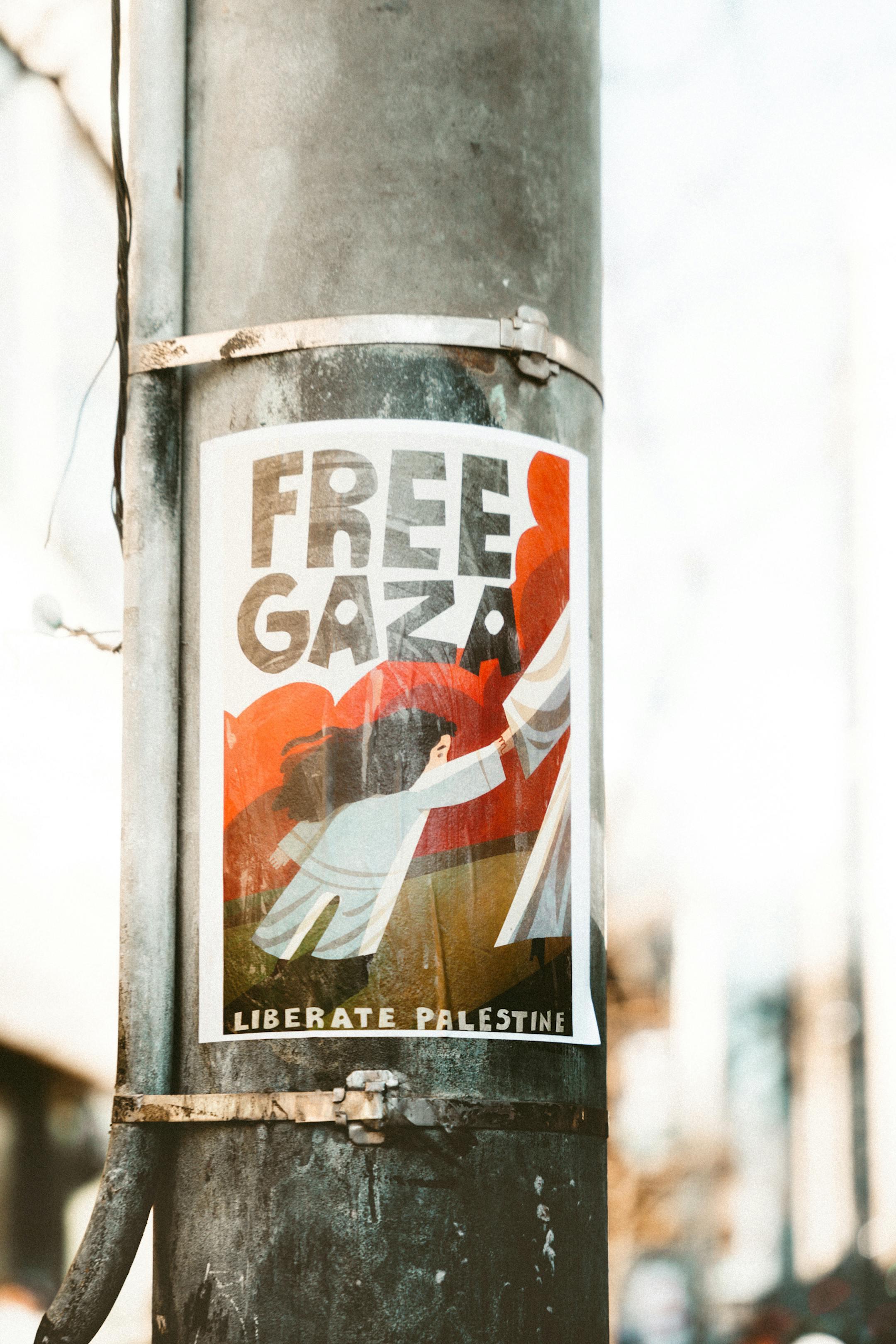
In September 2025, the United Nations Human Rights Office released a pivotal report detailing the findings of the Independent International Commission of Inquiry into Israel's conduct in Gaza. This comprehensive analysis highlights serious allegations against Israel, including credible grounds for acts of genocide. By examining the report's conclusions, we gain a critical understanding of the human rights situation in Gaza and the broader implications for international law and accountability. This blog post summarizes the report’s key findings, offering insights into the complex realities faced by Gazans and the legal frameworks at play.
As we delve deeper into the implications of the UN Human Rights Office's findings, we will analyze how the allegations of genocide can shape global discussions around human rights advocacy and accountability. The report not only sheds light on the urgent need for action but also reinforces the international community's responsibility to uphold human rights standards. By unpacking these themes, this post aims to foster a broader dialogue on the impact of the findings, encouraging global engagement in the pursuit of justice for those affected by the ongoing conflict in Gaza.
Understanding the report: Key findings of the UN Human Rights Office on Israel's conduct in Gaza
The UN Human Rights Office released a pivotal report highlighting the grave concerns surrounding Israel's actions in Gaza. It meticulously documents incidents occurring during the ongoing conflict, detailing violations of international law and human rights abuses. The report emphasizes systemic patterns of behavior, particularly in relation to civilian casualties and the destruction of infrastructure. Through comprehensive investigations, the UN Human Rights Office aims to shed light on the lived experiences of Gazans, providing essential context to the ongoing humanitarian crisis in the region.
The report further underscores the urgent need for accountability, presenting a thorough legal analysis of the conduct of Israeli forces. By utilizing testimonies from witnesses and gathering evidence from various sources, this assessment establishes a robust foundation for understanding the broader implications of Israel's military operations. The findings resonate on multiple levels, indicating potential breaches of humanitarian standards, and raising significant questions about the responsibilities of states under international law. As the international community grapples with these revelations, the report serves as a crucial resource, urging a reevaluation of diplomatic and humanitarian approaches to the conflict.
Credible grounds for genocide: Analyzing the implications of the Independent International Commission of Inquiry
The Independent International Commission of Inquiry into the conduct of Israel in Gaza has presented significant evidence, leading to credible grounds for allegations of acts of genocide. The report meticulously documents incidents where large-scale attacks on civilians, destruction of residential neighborhoods, and the systematic targeting of essential infrastructure have resulted in a profound humanitarian crisis. This systematic and widespread assault on the Palestinian population raises serious concerns over Israel's adherence to international humanitarian law, particularly the principle of distinction that mandates the protection of civilians in armed conflict. These findings may not only fuel international condemnation but also galvanize nations to advocate for accountability and justice in the face of such grave allegations.
The implications of the UN Human Rights Office report extend beyond immediate concerns for those caught in the conflict. The findings challenge the international community to confront the legal definitions of genocide and humanitarian intervention, prompting serious discourse on the responsibilities of state actors and international organizations. As calls for accountability intensify, the report serves as a critical reminder that human rights abuses cannot go unchallenged. The detailed accounts and robust legal analysis by the Commission compel global leaders to reassess their diplomatic ties with Israel and consider mechanisms for ensuring accountability, potentially paving the way for further investigations and international legal actions against alleged perpetrators.
Moving forward: The significance of the UN report for global human rights advocacy and accountability
The UN Human Rights Office report serves as a crucial turning point for global human rights advocacy. By substantiating claims of genocide against Israel's conduct in Gaza, the report compels the international community to confront uncomfortable truths about the situation and prioritize accountability. This significant documentation of alleged human rights violations encourages activists, policymakers, and civil society organizations to push for concrete actions that can lead to meaningful changes. The finding of credible grounds for genocide not only highlights the urgency of the situation but also fuels advocacy efforts aimed at holding perpetrators accountable and protecting vulnerable populations.
Moreover, the report lays the groundwork for potential legal actions and international scrutiny. Governments and international bodies may feel increased pressure to respond decisively, utilizing mechanisms such as sanctions or support for international tribunals. As the discussion surrounding human rights in conflict zones grows, the UN report amplifies calls for comprehensive legal frameworks that ensure accountability for violators. In this context, the consequences of the UN Human Rights Office’s findings extend beyond Gaza, prompting a reevaluation of how the international community addresses human rights abuses globally, fostering a more robust commitment to protecting fundamental rights for all individuals, irrespective of their location or circumstances.